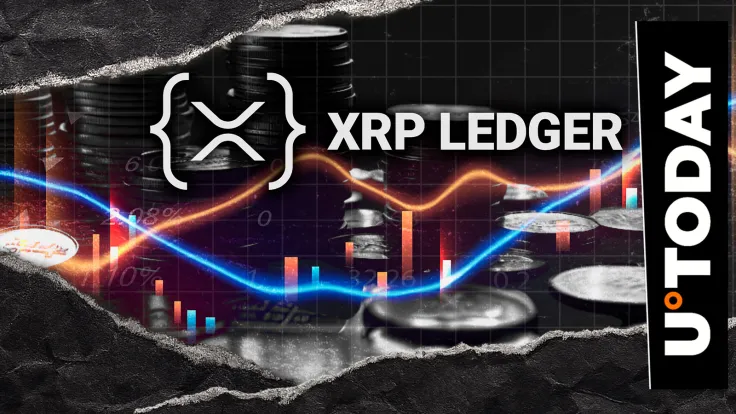This is a technical analysis post by CoinDesk analyst and Chartered Market Technician Omkar Godbole.
A key technical indicator is flashing a signal that marked the slowdown in the bitcoin BTC$90.470,56 downtrend in February.
BTC’s price fell below $90,000 early Tuesday, down 28% from the record high of over $126,000 reached early last month. With that the 14-day relative strength index (RSI) — a widely followed measure of price momentum — has dipped below 30, signaling an oversold condition. This means BTC’s ongoing slide has been sharp enough to invite a pause or a potential rebound.
But an oversold RSI should never be taken at face value. The indicator can remain in this territory far longer than buyers can hold their ground. Many experienced traders view an oversold RSI as a sign of strong downward momentum, rather than an immediate reversal of the trend.
What really matters is whether the price action confirms the signal. Traders, therefore, should look for emerging support levels or candlestick patterns, such as Doji or candles with long lower wicks, that suggest selling pressure is easing. If those appear, they would validate the oversold RSI and lay the groundwork for a bounce.
The last time RSI dived below 30 in late February, bitcoin was trading under $80,000. That marked a slowdown in the downtrend, followed by a bottom near $75,000 in early April. Traders would be wise to watch closely for signs of a similar move now.
BTC’s daily chart. (TradingView)Because the RSI is so widely tracked by traders, this signal can sometimes become a self-fulfilling prophecy, where collective trading actions based on the indicator amplify its effect.
Source: https://www.coindesk.com/markets/2025/11/18/what-next-for-bitcoin-as-btc-rsi-flashes-oversold-signal


